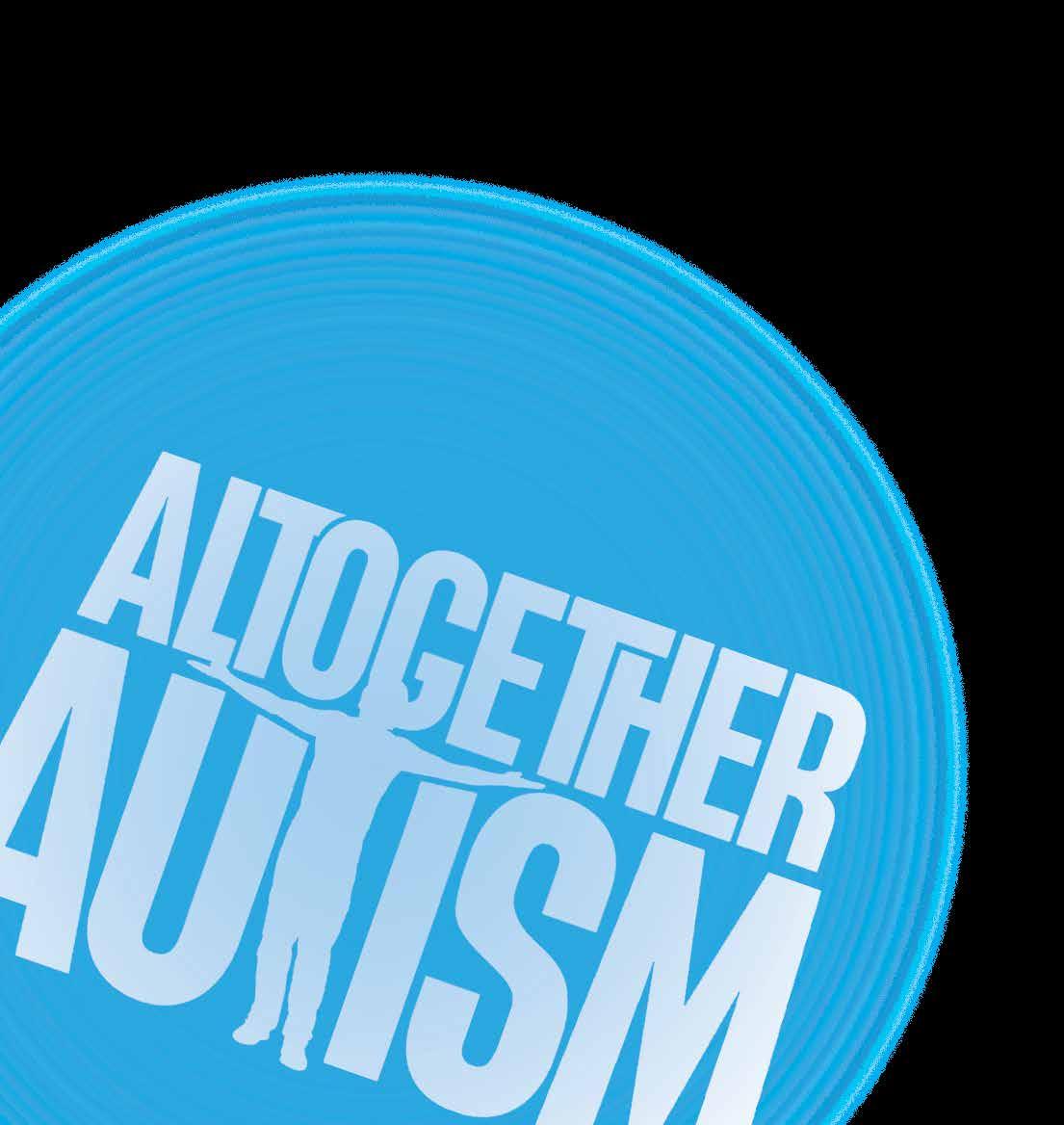On being authentically autistic The theme of this journal is ‘authentically autistic’. Rachael Wiltshire explains what the phrase ‘authentically autistic’ means to her, and why it is important.
I STUMBLED into the phrase ‘authentically autistic’ quite by accident. Altogether Autism was seeking advice from the Consumer Advisory Group on a workshop we were developing for parents in Feilding, and we were asked what we, as autistic adults, would like parents of autistic kids to know. I said this: ‘I guess the key thing I would like parents to know is that they shouldn’t be raising their child to appear neurotypical – because masking all the time is exhausting and leads to breakdowns. They should be aiming to equip their child with strategies that enable them to function in the world, whilst still being authentically autistic. The best way to do this is to make sure they listen to what autistic adults have to say – there are plenty of people to follow online.’ I had never heard the phrase ‘authentically autistic’ before – that combination of words just seemed to sum up the concept I was trying to express. Serendipitously, however, it turns out that it is a concept that other autistic people have been talking about online. Here, I’m going to explain what being authentically autistic means to me, and why I think it is so important. It may seem counterintuitive, but I think the idea of being authentically autistic is most important for the neurotypical people who support an autistic person (i.e., parents and professionals), rather than the autistic person themself. I certainly don’t want autistic people to read this and worry that they are being ‘inauthentically autistic’, or that there is a ‘wrong way to be autistic’. If you’re autistic, then however you do you is authentic!
4
We all deserve to live in a world in which we don’t have to hide parts of ourselves to be accepted. Rather, I’d like to see parents and professionals examine the way they relate to autistic people through the lens of supporting us to be authentically autistic; any supports offered should help us to function in the world whilst still maintaining our autistic identity, rather than seeking to make us appear more neurotypical. Of course, most people don’t set out with the goal of forcing a person to be more neurotypical: I know that parents and professionals do generally have our best interests at heart. But the weight of societal pressure can mean that even if your goal is not to make someone appear more neurotypical, that can still be the inadvertent outcome. The ‘authentically autistic’ lens can help combat some of this unseen pressure. For example, I felt that when I was growing up my parents were always saying, ‘well, you’ve got to compromise to fit it’ – and yet it seemed to me that I was always the one having to make changes to compromise, when to my mind it should have been about meeting each other halfway. Now, Mum and Dad if you’re reading this – that is no shade on you. I know that you love me, that you want what’s best for me, and I am incredibly grateful for all the support you gave me growing up and continue to give me. At face value, giving your child strategies to compromise so they can fit in with the world better seems like a helpful thing to do. But if we examine this through the ‘authentically autistic’ lens, we can then ask why it is so important that the autistic person fits in with the world. Instead, why can’t the world sometimes bend to fit them a bit better?
ALTOGETHER AUTISM JOURNAL • 2021
Continued on page 5














